You may be wondering about the advantages of smart locks and if they are secure. You may also be concerned about what would happen if your phone ran out of battery, leaving you unable to access your home.
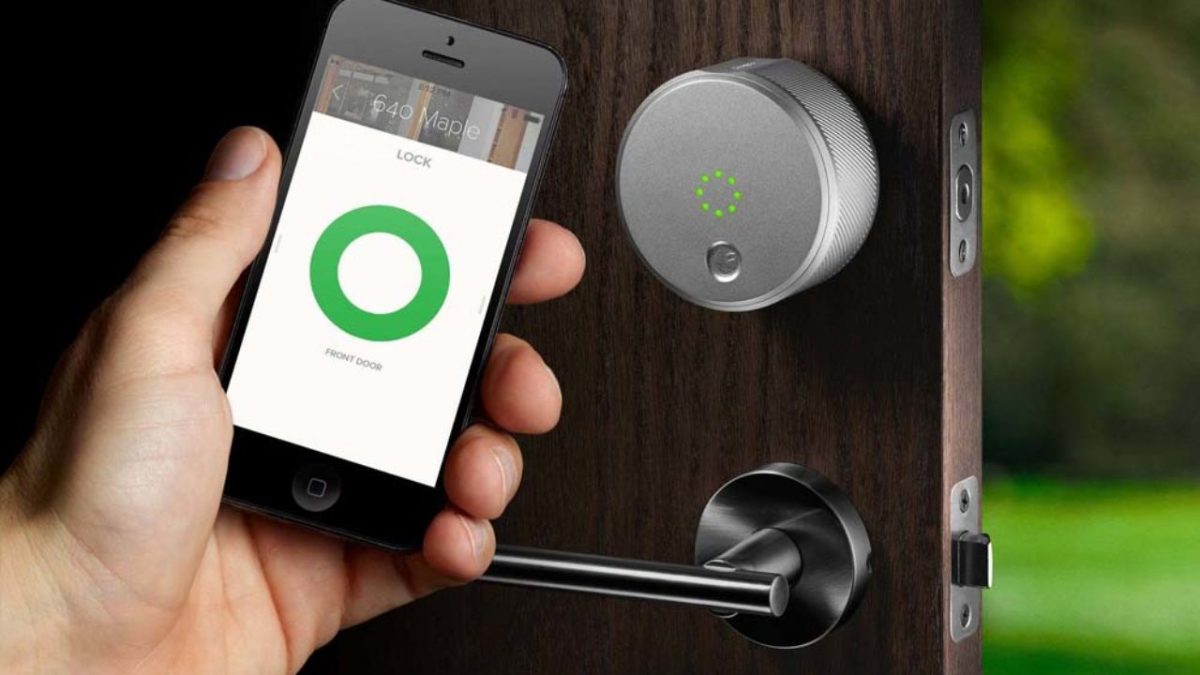
Smart homes are becoming increasingly popular, and one aspect of this trend is the integration of smart door locks. It's important to note that the global smart lock market was valued at $1.4 billion in 2020 and is projected to grow by 20% annually through 2028. This suggests that many individuals have already embraced the use of smart locks and feel secure using them.
While smart locks are not entirely new, they are an upgrade to the standard locks that can be found in every developed home. Thus, it may not be a priority to invest a few hundred dollars in upgrading your door's locking mechanism.
However, if smart locks improve your daily life and provide additional convenience and security, it may be worth considering the upgrade. In this article, we will explore the benefits of smart locks and what they can offer to you as a homeowner.
What is a smart lock?
When we talk about smart locks, we are referring to a category of devices with a wide range of functionalities. At its core, a smart lock is an electronically powered lock that can be operated wirelessly. If you've stayed at a hotel in recent years, chances are you've used a smart lock.
Smart locks can be operated in various ways, including keycards, codes, fingerprints, smartphone apps, home assistants, or a combination of these options. Some even allow for the use of a standard key as a backup.
Smart locks are not limited to front doors; they can replace almost any traditional lock and are available in various forms, such as deadbolts, padlocks, and drawer locks. However, smart locks designed for doors typically offer more features and provide better security.
Overall, smart locks offer flexibility and convenience in terms of access control. With various options available for operation, users can choose the method that suits their needs best. Additionally, the ability to remotely control the lock via a smartphone app or home assistant adds an extra layer of convenience.
How do smart locks work?
Typically, smart locks are powered by batteries, with a lifespan of 10 months to a year, depending on the battery type, smart lock model, and frequency of use. These devices are equipped with an electronic motor that turns the lock mechanism automatically, mimicking the action of using a key or turning a thumb turn.
Smart locks that come with a keypad allow users to set a personalized code for quick access. Moreover, most modern smart locks can connect to your home's Wi-Fi network for easy integration into your smart home system. Bluetooth connectivity is also a common feature in many smart locks, allowing for direct connection to your mobile device.
To ensure that you never get locked out due to a dead battery, most smart locks come with backup systems such as a manual keyway or the ability to attach a nine-volt battery should the internal battery fail.
Overall, smart locks offer a secure and convenient way to control access to your home, with various features that provide added convenience and peace of mind.
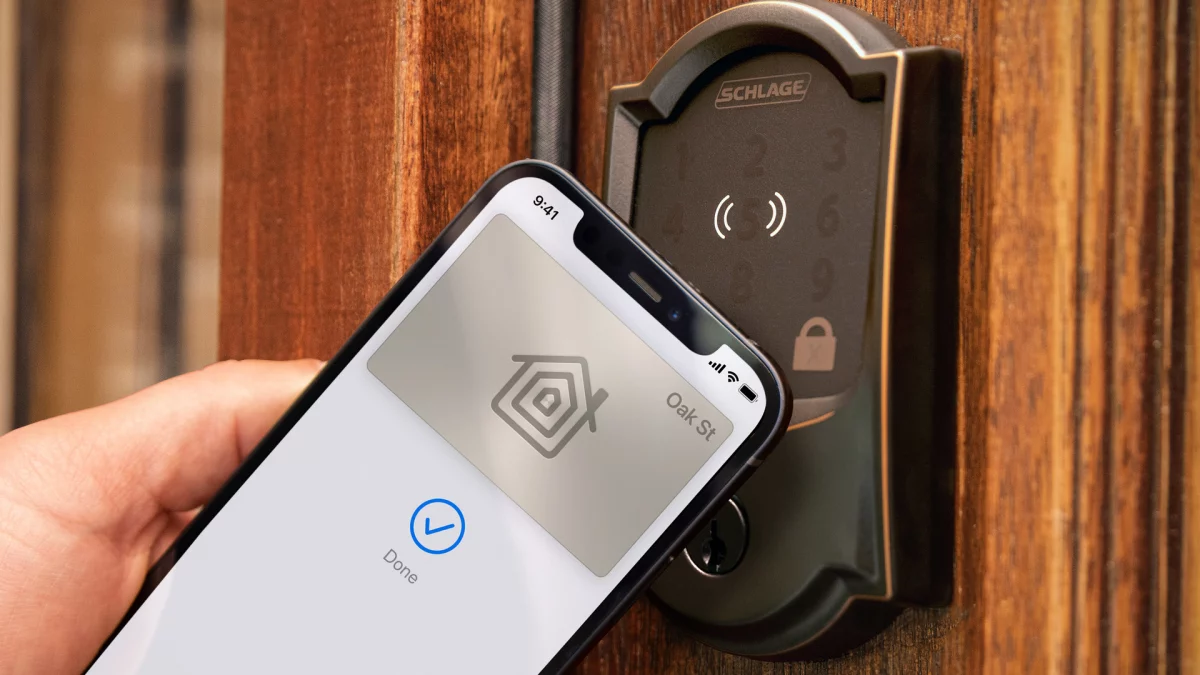
What are the benefits of using smart locks?
One of the primary advantages of smart locks is the ability to access your home or office without the need for a physical key. Instead, you can use a keypad, smartphone app, or biometric scanner, making it a hassle-free and time-saving solution, especially if you tend to lose or forget your keys.
Another feature of smart locks is remote access, allowing you to lock and unlock your door via a smartphone app, even when you're not at home. This feature can be useful when granting access to guests or service people, or if you need to let someone in while you're away on vacation.
Smart locks can also integrate with other smart home devices, such as security cameras and voice assistants like Amazon Alexa and Google Assistant, enabling you to control your entire home using your voice or smartphone.
In terms of security, many smart locks offer advanced features such as tamper alarms and automatic lockout after too many failed attempts. Additionally, real-time alerts can be sent to your smartphone if someone attempts to tamper with the lock or enters an incorrect code. Smart locks can also provide activity logs that track who entered and exited your home and when, increasing your ability to monitor your property.
Smart locks can also provide added convenience by automatically unlocking your door as you approach it with your smartphone. They offer a range of benefits that make life easier and more secure. It's crucial to select a reputable brand and model, and to follow best practices for securing your smart home devices.
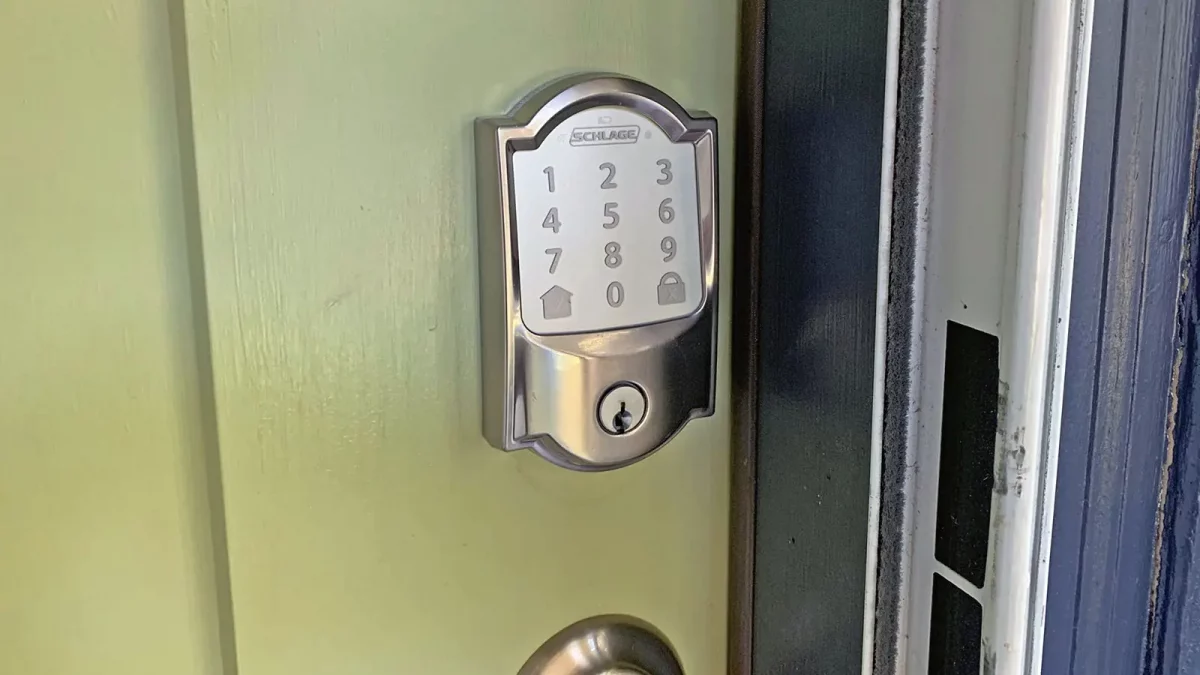
What are the drawbacks of using smart locks?
While smart locks offer many benefits, they also come with potential drawbacks that should be taken into consideration before making a purchasing decision. One significant concern is the vulnerability of smart locks to hacking, which could lead to unauthorized access to your home or office. While manufacturers strive to secure their devices, there is always a risk of exploitation by determined hackers.
Another potential issue is the dependence on technology. Smart locks require power, software, and connectivity, which means that a power outage, software glitch, or connectivity issue could prevent you from entering your home or office. In contrast, traditional locks are mechanical and don't rely on electricity or an internet connection to function.
Compatibility issues may arise with some smart locks, as they may not be compatible with all types of doors or hardware, which could make installation difficult or impossible without significant modifications. Additionally, some models may not be compatible with certain smartphones or operating systems, which could limit their use.
Smart locks can also be more expensive than traditional locks, and some models require ongoing subscriptions or fees for access to certain features or services. Moreover, user error with smart locks can occur, such as forgetting a smartphone or accidentally disabling a security feature.
Privacy concerns are another potential drawback of smart locks, as they collect data on who enters and exits your home or office, which could raise privacy concerns for some users. Furthermore, if the smart lock is integrated with other smart home devices, personal data could be compromised if the system is hacked or breached.
It is important to weigh the pros and cons carefully when considering the purchase of a smart lock. While they offer many benefits, there are also potential drawbacks that should be taken into account before making a decision.
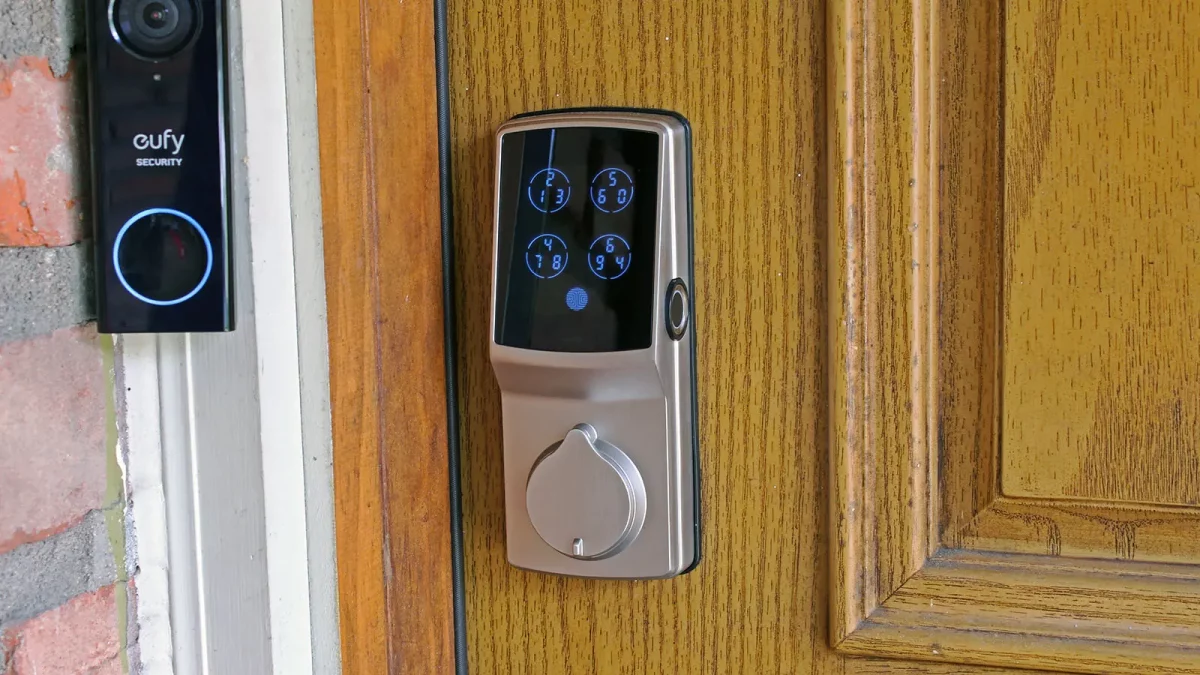
Are smart locks more secure than standard locks?
Contrary to popular belief, smart locks can be more secure than traditional locks. While anyone can learn how to pick a traditional lock with the help of online resources, hacking into a Wi-Fi network to gain access to a smart lock requires a higher level of expertise.
Furthermore, a strong door with a traditional lock can still be vulnerable to break-ins through nearby windows or other points of entry. The truth is, if a burglar is determined to enter your home, they will find a way. However, most burglars are opportunistic and seek easy targets. A smart lock that locks your door effectively can be just as secure as a traditional lock.
What sets smart locks apart is their ability to interact with your home security system and provide remote access. If your smart lock is connected to your home security system and a doorbell camera, it can trigger both devices if someone attempts to force their way in. You will receive an alert and a visual of the burglar, while your alarm system contacts the authorities.
Leaving a key under a garden gnome or a package on your porch can be risky, and a smart lock can provide a safer solution. For instance, unlocking your door remotely for someone who needs to access your home briefly can be a more secure option than leaving a key outside.
Smart locks are the future of home security
Smart locks offer various security benefits that traditional locks cannot provide. While no security system is completely foolproof, a smart lock integrated into a comprehensive security system can provide additional layers of protection for your home.
- aum and alf9872000
-

 2
2


3175x175(CURRENT).thumb.jpg.b05acc060982b36f5891ba728e6d953c.jpg)
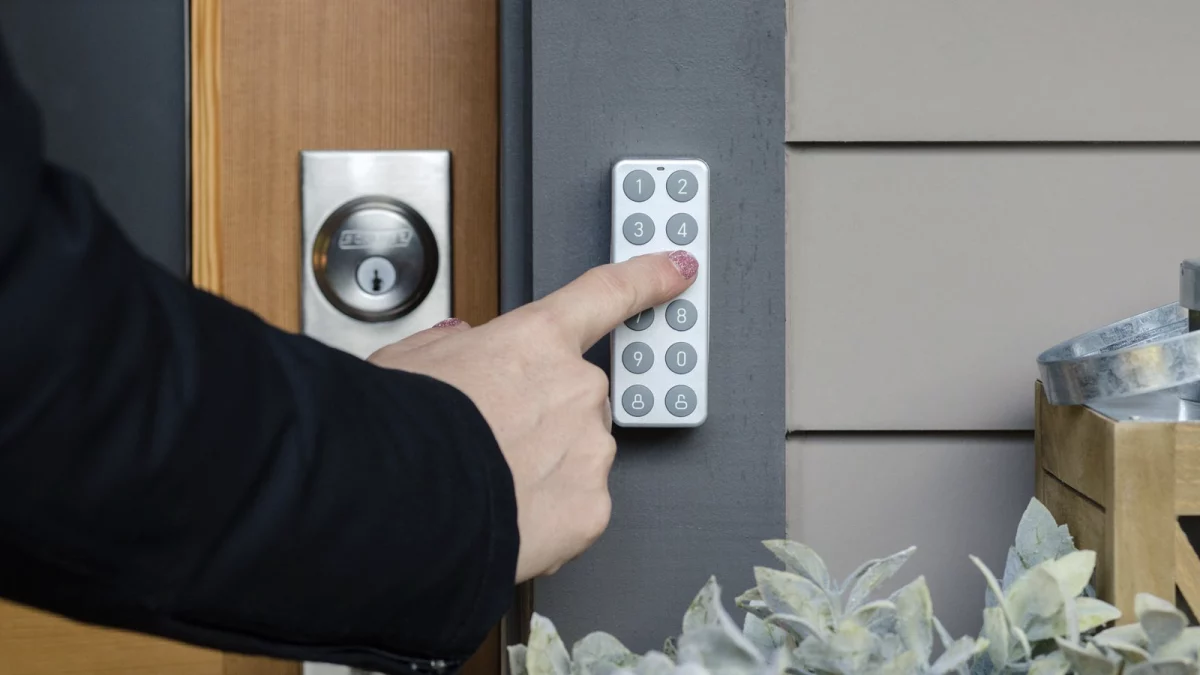
Recommended Comments
There are no comments to display.
Join the conversation
You can post now and register later. If you have an account, sign in now to post with your account.
Note: Your post will require moderator approval before it will be visible.